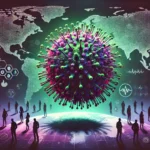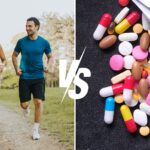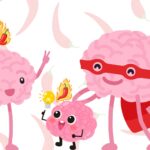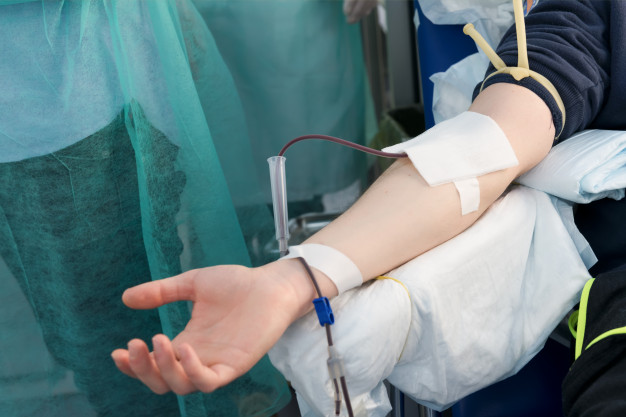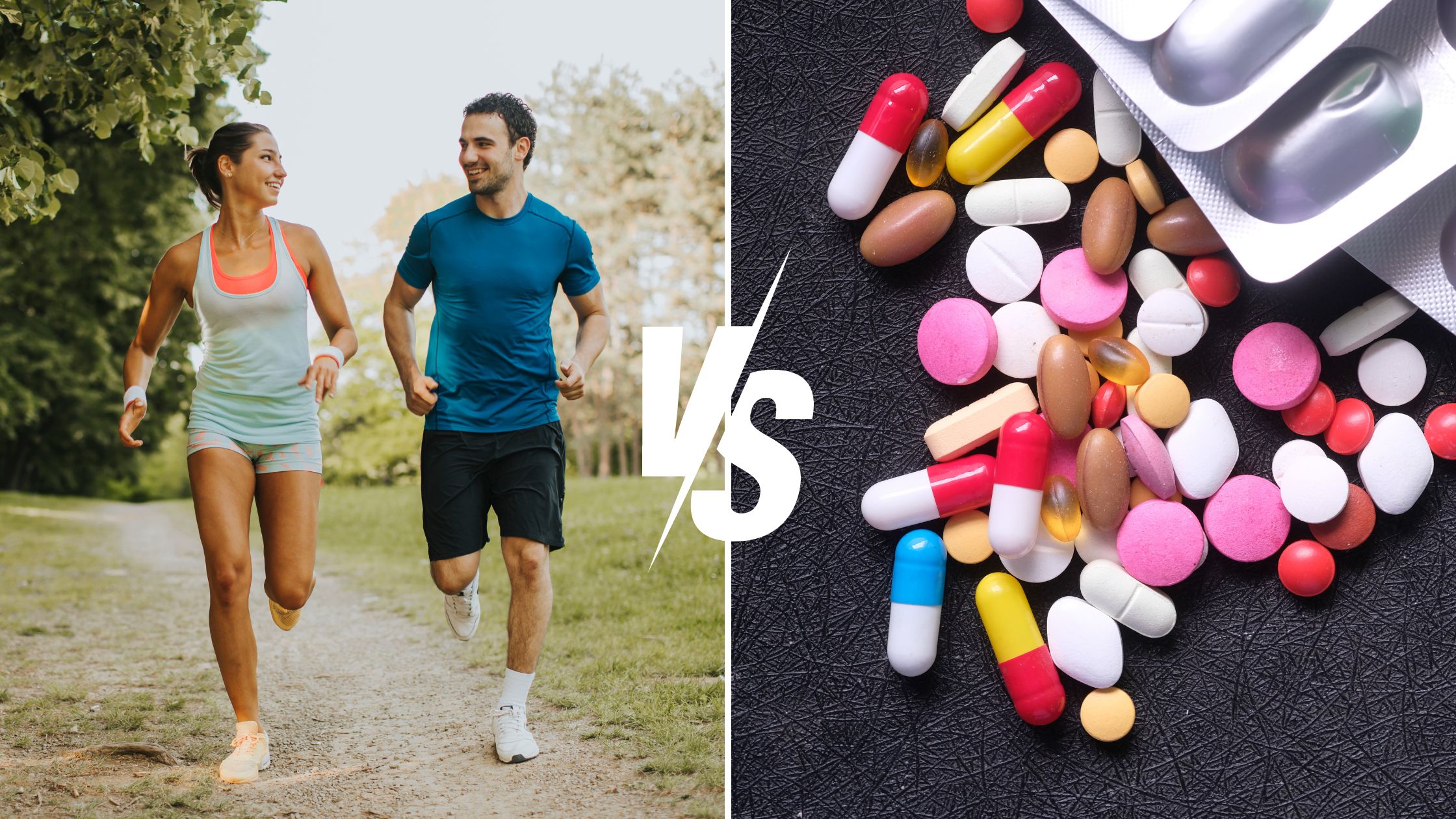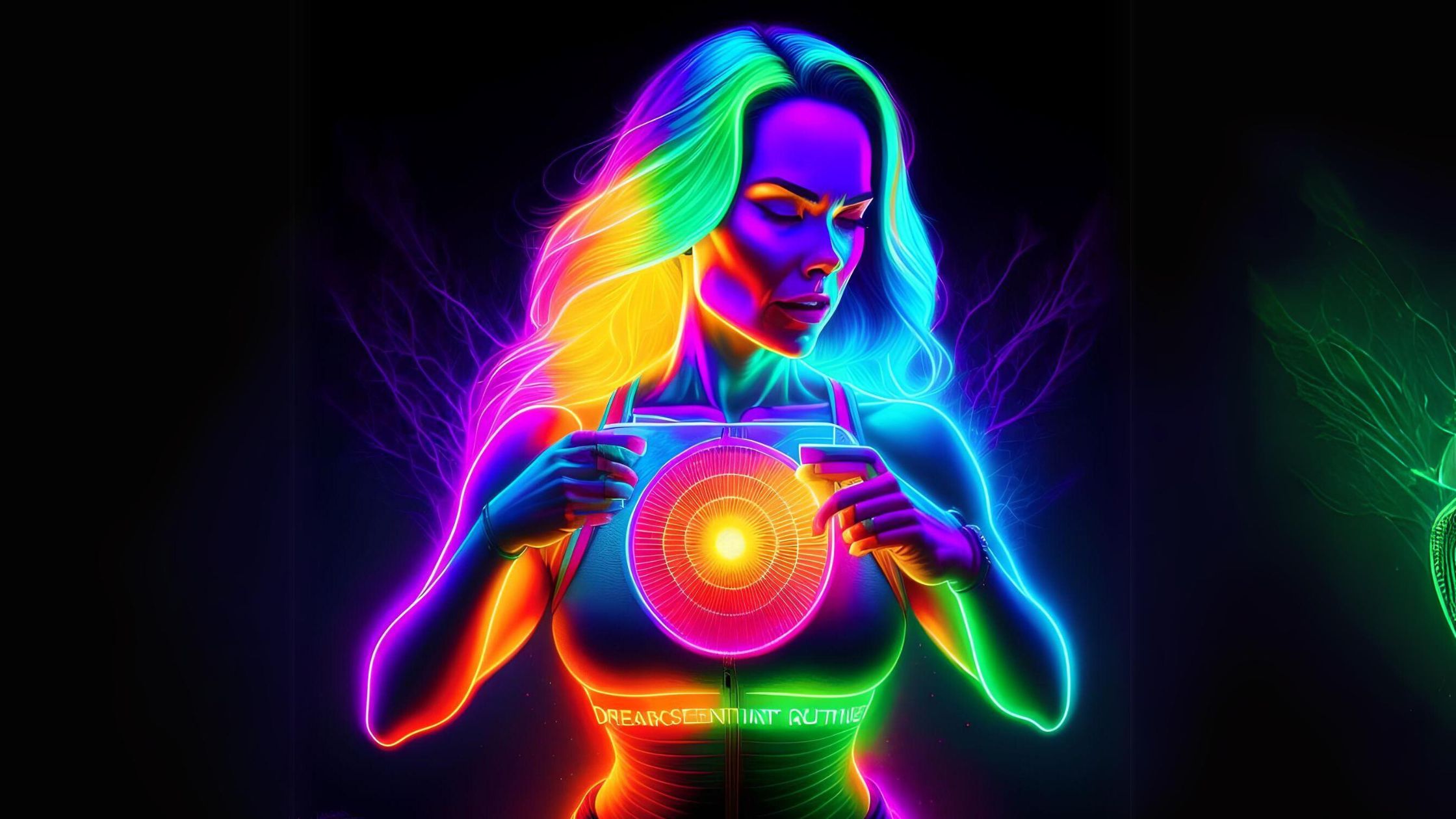In honor of the birth anniversary of an Austrian biologist, physician, and immunologist, Karl Landsteiner, World Blood Donor Day is observed annually on 14th June as a joint initiative of the World Health Organization (WHO) and the International Federation of Red Cross and Red Crescent Societies (IFRC).
The day was acknowledged for the first time in 2005 to raise awareness among people of the need to transfuse safe blood and blood-related products like plasma, red blood cells (RBCs), and platelets to patients in need.
The day also gives us a perfect opportunity to thank and give credit to infinite volunteers and donors worldwide who did not cease to donate even during the critical time of the COVID-19 pandemic and encourage more individuals to come up front to be active members of blood donation communities.
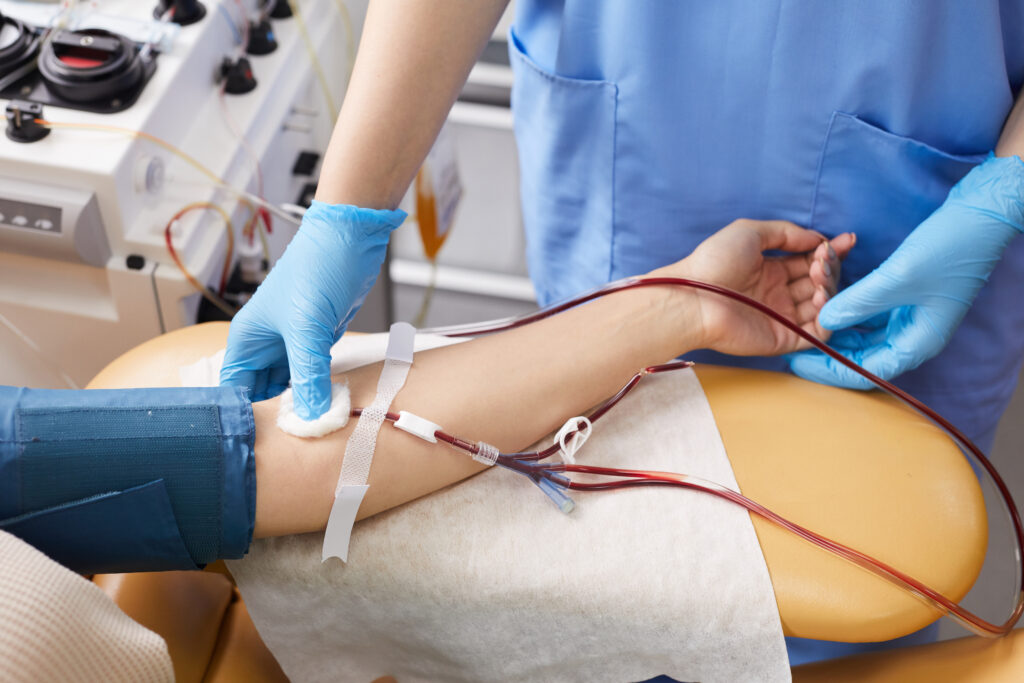
World Health Organization wants to focus on the following objectives for this year’s campaign:-
- Thank blood donors globally.
- Create a broader spectrum to aware of the need for regular, unpaid blood donation.
- Promote the community values and enhancing social cohesion solidarity.
- Motivate young blood to donate and inspire others to do the same.
The availability of sound and risk-free blood and blood products is universal. It is critical for surgeries, treatments like thalassemia, postpartum and provides a better quality of life to patients suffering from severe conditions like cancer. That’s why it is requisite to encourage people to come forward to donate blood and remind official authorities to make the resources and infrastructure adequately available.
Blood shortage is faced chiefly by developing countries, and with the unprecedented crisis, India has faced a dramatic fall in blood donation. To meet the blood requirement, the National Blood Transfusion Council is working on new guidelines to start the donation camps again and continue with the steady flow of supplying the blood with social distancing and other infection-control guidelines.
This year another social stigma is raised by the LGBTQ communities across the globe, where except for heterosexual people, LGBTQ individuals have to abstain from sex for three months before donating blood for some “scientific” reasons.
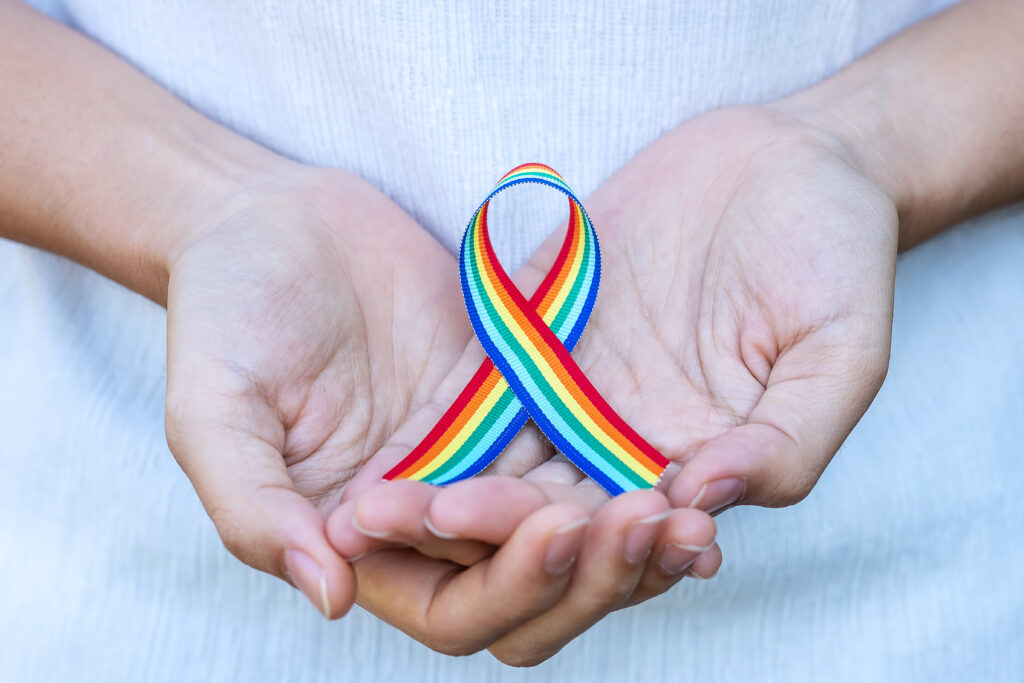
Gay Men’s Sexual Health Alliance of Canada took their Twitter platform to discuss this unfair behavior and how the blood ban is unscientific and stigmatizing.
Artist Jordan Eagles uses animation and superhero comics to defy the Federal Drug Administration blood donation policy against the LGBTQ community. For him, blood is the source of power, spirituality, fascination, and a source of life. But now, it is also a medium to amplify the voice on blood equality.
His exhibition, ‘Can You Save Superman? II,’ exhibited at the University of Alabama at Birmingham, used superheroes to transfuse the blood donated by gay men, who are at high risk of developing HIV and by already HIV-affected people.

Jordon’s new comic ‘Queer Blood America’ took inspiration from Marvel Studios character Captain America to question the discriminatory policy. Under it, a vial of queer blood is placed and preserved in resin with the hero “Battle Baron Battles.”
This year Italy is hosting the World Blood Donor Day through its National Blood Centre and will conduct the global ceremony in Rome.
For World Blood Donor Day 2021 to be a global success, World Health Organization wants everyone’s support and involvement in providing safe blood and blood products. It is a life-saving act of solidarity, which impacts each healthcare system.
Hence, try to be a part of this global event in any way you can and try to encourage others so that the shortage of blood can be solved and everyone can get timely treatment.


